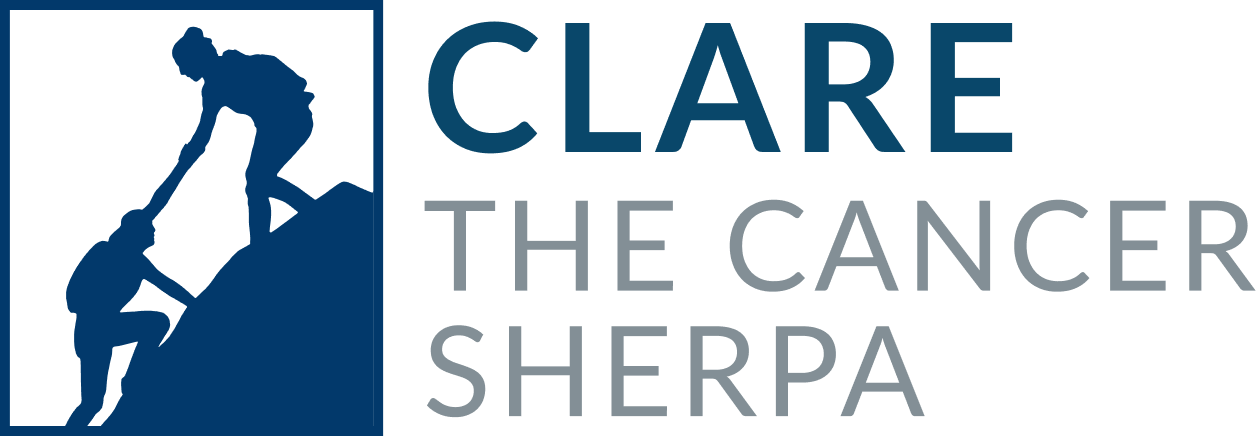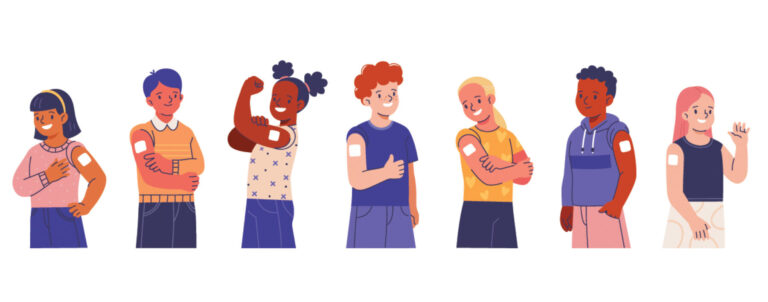Written by Ronny Bachrach
Thursday, February 29th is Rare Disease Day, and as the mother of a child with a rare disease, childhood vaccination is a vital topic. Unfortunately, due to my daughter’s rare autoinflammatory disease – SJIA – she’s currently unable to be vaccinated. It’s particularly disappointing because her medications leave her with a compromised immune system and more vulnerable to illnesses. While she does receive IVIG to boost her antibodies against getting sick, we’re relying on our community to get vaccinated (for everything) to protect her as well. It’s important to understand that vaccinations not only protect the person receiving them but also the people around them.
In the fall of 2023, the CDC reported the highest-ever rate of childhood vaccine exemption.
While a small population of children cannot receive vaccines for legitimate medical reasons, like allergies or hyper-reactive immune systems, a growing number of families flex their oppositional muscles. Some blame it on religious freedoms, and others push back, citing “medical freedoms.”
But the truth of the matter is that vaccines either eradicate illness or dampen the severity of disease, both of which can not be understated. Have you met anyone recently under the age of 60 with polio? It’s highly unlikely due to the broad adoption of polio vaccine in the second half of the 1900s.
Sadly, with the hyper-partisan political scene and astronomical amounts of scientific disinformation that has played out during the last 10-20 years, particularly during the COVID pandemic, the exemption of childhood vaccines has reached a critical point. While vaccine disinformation seemed to really pick up mainstream popularity in the Jenny McCarthy/MTV era, the pandemic has escalated the push-back against all types of vaccines.
The CDC has reported that the vaccination rate for many childhood diseases fell from 95% to 93% between 2019 and 2022. According to Jennifer Nuzzo, the director of the pandemic center and professor of epidemiology at the Brown University School of Public Health, while dropping only a couple of percentage points doesn’t seem critical, with a disease as virulent as measles, the small change can have dangerous outcomes. 93% is only an average across the country, and herd immunity for measles is 95%, which means some places in the country have below that amount; they can make hot pockets of disease vulnerability.
The bottom line is that we’re at a pivotal juncture in time. Science nay-sayers are more abundant and louder than ever with the popularization of social media. However, childhood vaccines are essential in keeping our entire population safe. If you have questions, the best places to look are pediatricians and accredited medical associations, not TikTok and Instagram. Do the research, understand the value, trust the science, and reach out to us with specific questions and concerns and for more information.


